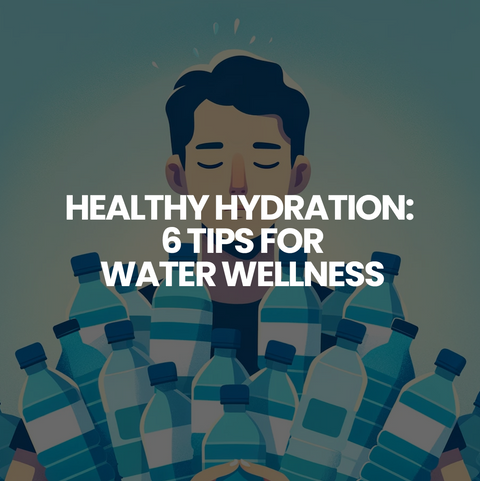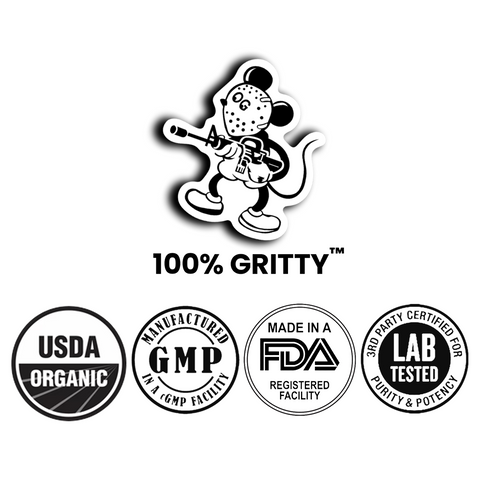Water is fundamental to our well-being. It keeps our bodies running smoothly, aids in digestion, maintains temperature, and supports various bodily functions. Yet, many of us struggle to stay adequately hydrated.
In this comprehensive post, we'll explore the importance of proper hydration and offer six invaluable tips for maintaining lasting water wellness.
Each tip is backed by scientific research and expert advice, ensuring you're well-informed on the path to optimal hydration.
Tip 1: Know Your Daily Water Needs
Understanding your daily water requirements is the first step towards effective hydration. Factors like age, sex, activity level, and climate influence your water intake needs.
According to the National Academies of Sciences, Engineering, and Medicine, the daily recommended water intake for an average adult is about:
- Men: Approximately 3.7 liters (125.1 ounces)
- Women: Approximately 2.7 liters (91.0 ounces)
Keep in mind that this includes water from all beverages and foods consumed throughout the day.
Tip 2: Listen to Your Body
Our bodies are remarkably adept at signaling when it's time to rehydrate. Thirst is a clear indicator that your body needs water. Ignoring this signal can lead to mild dehydration, which can affect concentration and cognitive function.
Pay attention to your body's cues and sip water consistently throughout the day to maintain optimal hydration levels.

Tip 3: Opt for Water-Rich Foods
Incorporating water-rich foods into your diet is an effective way to boost hydration. Fruits and vegetables like watermelon, cucumbers, and oranges have high water content and provide essential vitamins and minerals.
These foods not only contribute to your daily fluid intake but also support overall health and well-being.
Tip 4: Hydration Beyond Water

While water is the primary source of hydration, other beverages can also contribute to your daily fluid intake. Unsweetened herbal teas, infused water, and electrolyte-rich drinks can be excellent choices.
Additionally, milk and 100% fruit juices provide hydration along with essential nutrients. Be mindful of sugary drinks and caffeinated beverages, which can have diuretic effects if consumed excessively.
Tip 5: Create a Hydration Routine
Establishing a hydration routine can help you meet your daily water goals. Start your day with a glass of water, have a water bottle on hand throughout the day, and set reminders if needed.
Creating habits around water consumption ensures that you stay consistently hydrated. Research indicates that routine-based hydration can lead to better overall health.
Tip 6: Monitor Your Urine Color
One practical way to gauge your hydration status is by observing the color of your urine. Pale- or light-yellow urine typically indicates proper hydration, while dark yellow or amber-colored urine may suggest dehydration.
Aim for light-colored urine as an easy visual indicator that you're meeting your hydration needs.






Comments (0)
There are no comments for this article. Be the first one to leave a message!